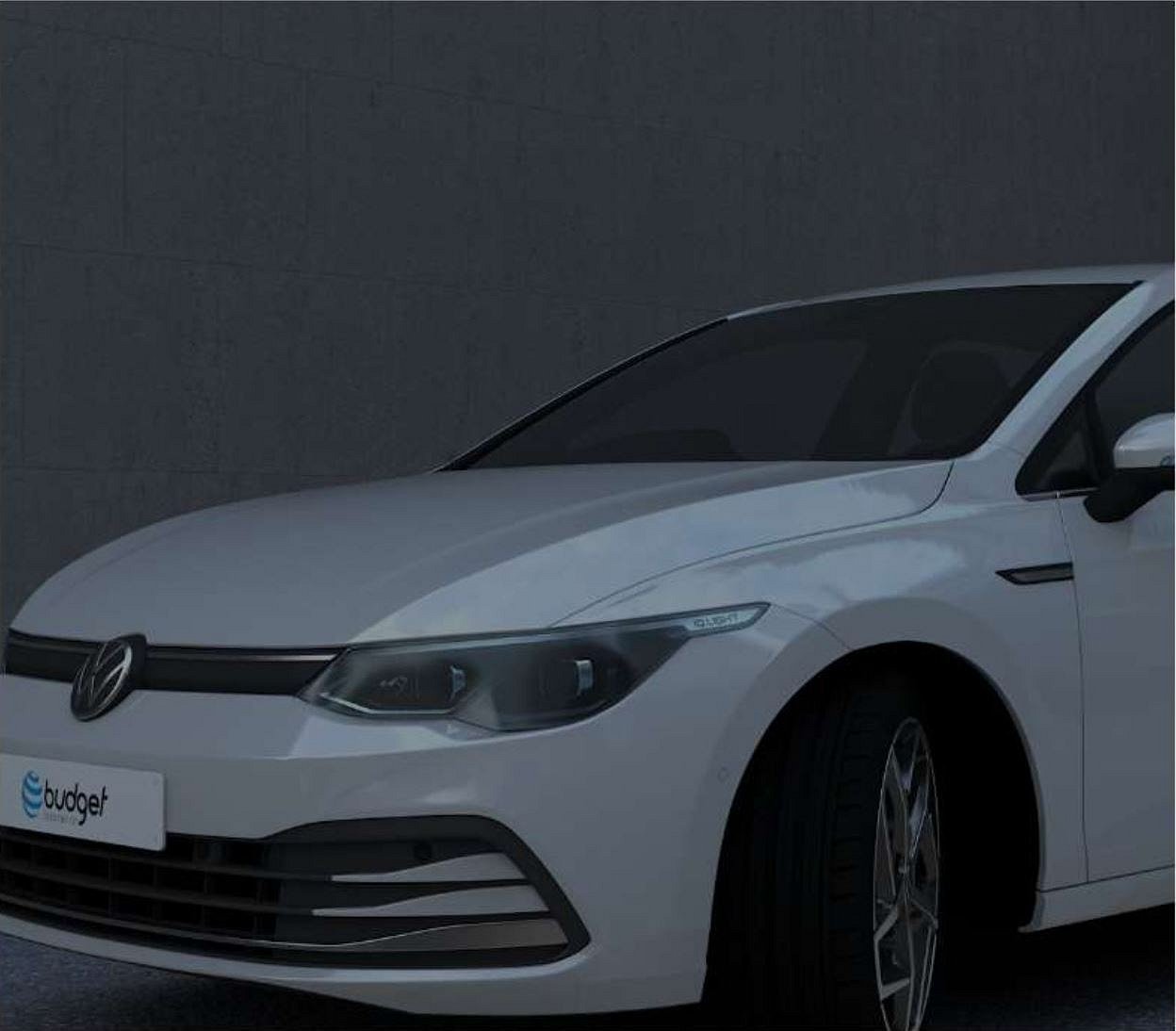Its all Insurance
Jewellery and Watch Insurance. How To Cover Your Bling?

Finance & Money

Purchasing a new car? Congratulations! Whether you’re buying off the showroom floor or your new baby is pre-loved, it’s a wonderful feeling to get some new wheels.
Unfortunately, most budgets don’t allow you to buy a car in cash upfront, so you’re more than likely going to need to get vehicle finance, which can be a confusing process. Never fear, though! Budget’s here to help you navigate the ins and outs of vehicle finance, so read on.
The budget
First off, before you even start looking for a car, you need to decide on what budget you have. Some of the costs you’ll need to consider are:
Private sale or dealership
The next choice you’ll need to make is whether to buy the vehicle through a dealership or from a private seller. There are pros and cons to each, so choose wisely.
Dealership
Pros
Cons
Private
Pros
Cons
The documents
By now, you’ve found your car – how exciting! Now is the time to apply for finance. The documents you’ll need are:
The terms of the deal
If you’re approved for a loan, the banks will come back with an offer, with the main terms concerning the interest rate, the number of years, deposit amount, and residual amount.
Interest rate: This will be fixed or linked. A fixed rate can be good if the economy is not very stable, meaning that if the interest rate goes up, your monthly repayments stay the same. However, a fixed interest rate is typically higher than a linked one, where your interest rate is linked to the prime rate. So, if prime goes up or down, your monthly repayments follow suit.
Number of years: Most banks will agree to finance your car for up to 60 months, or five years.
Deposit: You can apply for finance without a deposit, but the banks may come back with an offer that compels you to put in a deposit if you accept it. What this amount may be will vary from person to person and bank to bank.
Residual payment: This is a percentage of the cost of the vehicle that is paid at the end of the contract term. Graham Craggs, spokesperson for Budget, says: “The biggest downside to balloon payments, or residuals as they are also known, is that you end up paying a significant amount more for the same vehicle, due to interest charges, especially with longer repayment periods.” He also warns that, because this amount is usually large, paying it without further financing is difficult, which means you end up paying even more in charges and interest.
Covering the car
Most financial institutions won’t give you a car loan if you don’t have comprehensive car cover, so make sure you have this in place when you go in to sign all your documents.
You will also get the option to add shortfall cover, called Auto Top-up. This covers the amount you still owe to the bank if your car is stolen and not recovered, or written-off.
If you’re buying a new car or just looking to get affordable car insurance, give us a call on 0860 10 66 50. You’ll be glad you did!
Information contained in this article is for informational purposes only and does not constitute professional advice.
All information obtained from: http://www.iol.co.za/personal-finance/my-money/banking/banks-and-private-car-deals-1664684; https://www.fnb.co.za/vehicle-finance/learn.html
